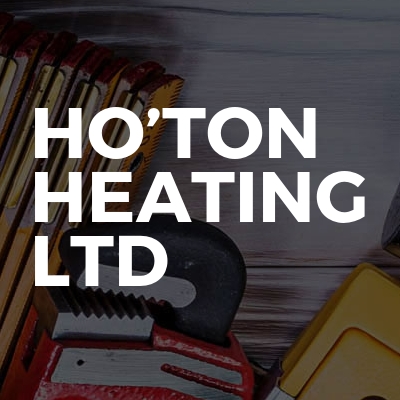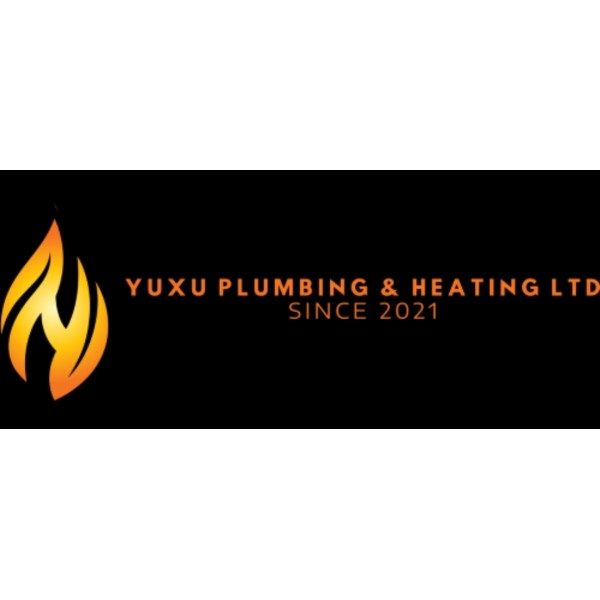Introduction to Boiler/Heating Engineers in Peterlee
In the heart of County Durham lies the town of Peterlee, a place where the need for reliable heating solutions is paramount, especially during the chilly winter months. Boiler and heating engineers in Peterlee play a crucial role in ensuring homes and businesses remain warm and comfortable. These skilled professionals are responsible for the installation, maintenance, and repair of heating systems, making them indispensable to the community.
The Role of Boiler/Heating Engineers
Boiler and heating engineers are experts in their field, tasked with a variety of responsibilities. From installing new boilers to diagnosing and repairing faults, these professionals ensure that heating systems operate efficiently and safely. Their expertise extends to both residential and commercial properties, providing tailored solutions to meet the specific needs of each client.
Installation of Heating Systems
One of the primary duties of a heating engineer is the installation of new heating systems. This involves assessing the property to determine the most suitable type of boiler and heating setup. Engineers must consider factors such as the size of the property, energy efficiency, and budget constraints to recommend the best solution.
Maintenance and Servicing
Regular maintenance is essential to keep heating systems running smoothly. Engineers conduct routine checks to ensure all components are functioning correctly, preventing potential breakdowns. This proactive approach not only extends the lifespan of the system but also enhances its efficiency, saving homeowners money on energy bills.
Repair and Troubleshooting
When a heating system malfunctions, it can cause significant inconvenience. Boiler and heating engineers are adept at diagnosing issues and implementing effective repairs. Their ability to troubleshoot problems quickly and efficiently ensures minimal disruption to the household or business.
Qualifications and Skills Required
Becoming a boiler/heating engineer requires a combination of formal education, practical training, and specific skills. In the UK, engineers must hold relevant qualifications and certifications to practice legally and safely.
Educational Background
Prospective engineers typically begin their careers with a foundation in subjects like mathematics, physics, and engineering. Many pursue vocational qualifications such as NVQs or diplomas in plumbing and heating, which provide the necessary technical knowledge and skills.
Apprenticeships and Training
Hands-on experience is vital in this field. Apprenticeships offer aspiring engineers the opportunity to work alongside experienced professionals, gaining practical skills and industry insights. These programs often last several years, combining on-the-job training with classroom instruction.
Certification and Licensing
In the UK, boiler and heating engineers must be registered with Gas Safe, the official gas registration body. This certification ensures that engineers are competent and qualified to work safely with gas appliances. Regular assessments and continuing professional development are required to maintain this status.
Choosing the Right Engineer in Peterlee
Selecting the right boiler/heating engineer is crucial to ensure quality service and peace of mind. Here are some factors to consider when making your choice.
Experience and Reputation
Experience is a key indicator of an engineer's capability. Look for professionals with a proven track record in the industry. Customer reviews and testimonials can provide valuable insights into an engineer's reliability and quality of work.
Range of Services
It's beneficial to choose an engineer who offers a comprehensive range of services, from installation to emergency repairs. This ensures that all your heating needs can be met by a single provider, simplifying the process and building a trusted relationship.
Cost and Value
While cost is an important consideration, it shouldn't be the sole deciding factor. Evaluate the value offered by the engineer, including the quality of materials used, the warranty provided, and the level of customer service. A slightly higher upfront cost may result in long-term savings and satisfaction.
Common Heating System Issues
Understanding common heating system issues can help homeowners identify problems early and seek professional assistance promptly.
Boiler Leaks
Leaks are a common issue that can lead to water damage and reduced efficiency. Engineers can identify the source of the leak and perform necessary repairs to prevent further complications.
Inconsistent Heating
If certain areas of a property are warmer than others, it may indicate an issue with the heating distribution system. Engineers can assess the system and make adjustments to ensure even heat distribution.
Strange Noises
Unusual noises, such as banging or whistling, often signal underlying problems. These could range from trapped air in the system to more serious mechanical faults. Prompt attention from a qualified engineer is essential to prevent further damage.
Energy Efficiency and Environmental Impact
Modern heating systems are designed with energy efficiency in mind, reducing both costs and environmental impact. Engineers play a vital role in promoting and implementing these solutions.
Energy-Efficient Boilers
Today's boilers are far more efficient than older models, using less fuel to produce the same amount of heat. Engineers can advise on the best energy-efficient options available, helping homeowners reduce their carbon footprint.
Smart Heating Controls
Smart thermostats and heating controls allow users to manage their heating systems remotely, optimising energy use. Engineers can install and configure these devices, providing guidance on how to maximise their benefits.
Renewable Energy Solutions
For those looking to further reduce their environmental impact, renewable energy solutions such as heat pumps and solar thermal systems are viable options. Engineers can assess the feasibility of these systems for individual properties and oversee their installation.
Frequently Asked Questions
- What qualifications should a boiler/heating engineer have? Engineers should be Gas Safe registered and hold relevant vocational qualifications.
- How often should I service my boiler? It's recommended to service your boiler annually to ensure it operates efficiently and safely.
- What are the signs of a faulty boiler? Common signs include leaks, inconsistent heating, and unusual noises.
- Can I install a boiler myself? No, boiler installation should only be carried out by a qualified professional to ensure safety and compliance with regulations.
- How can I improve my heating system's efficiency? Regular maintenance, upgrading to an energy-efficient boiler, and using smart controls can enhance efficiency.
- What should I do in a heating emergency? Contact a qualified heating engineer immediately to assess and resolve the issue.
Conclusion
Boiler and heating engineers in Peterlee are essential to maintaining the comfort and safety of homes and businesses. Their expertise in installation, maintenance, and repair ensures that heating systems operate efficiently and reliably. By choosing the right engineer and understanding common heating issues, residents can enjoy a warm and comfortable environment year-round. With a focus on energy efficiency and environmental responsibility, these professionals are also helping to pave the way for a more sustainable future.








